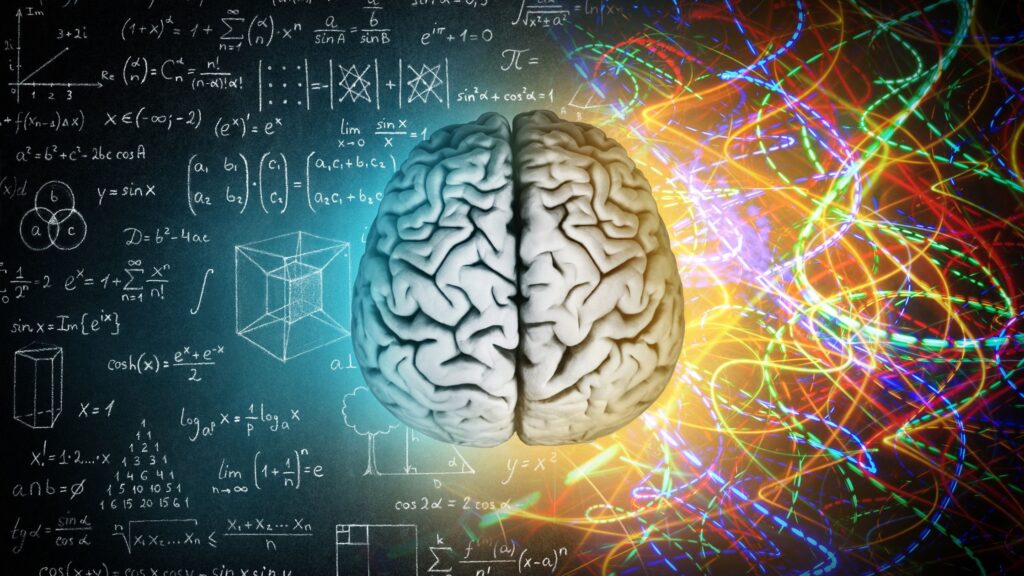In today’s interconnected world, technological innovation cannot thrive without a blend of science and humanities. As the Fourth Industrial Revolution, which encompasses advancements like artificial intelligence (AI), blockchain, and the Internet of Things (IoT), the role of human-centric fields becomes indispensable. From ethical decision-making to critical thinking, the humanities are becoming just as important as science and engineering in fostering responsible and effective innovation.
The Symbiotic Relationship Between Science and Humanities
The partnership between science and humanities is not new, but its importance has significantly increased in the last decade. While science provides the technical backbone of innovations, humanities ensure these innovations serve humanity’s broader needs. Both fields enhance each other, ensuring the creation of technologies that improve lives, address societal challenges, and respect ethical boundaries.

How Humanities Shape Technological Progress?
Humanities disciplines like philosophy, ethics, sociology, and arts help shape our understanding of what technology should do for society. They ask questions like:
– How can AI respect human rights and privacy?
– What is the environmental impact of new energy technologies?
– How can technology be made inclusive for all, regardless of socio-economic status?
These questions drive innovation in ways that pure technical fields often overlook. For example, AI development today is heavily influenced by ethical concerns over privacy, data security, and potential biases, making humanities essential in guiding its responsible implementation.
The Role of Humanities in Education at MKCE
At M.Kumarasamy College of Engineering (MKCE), this synergy is actively encouraged through interdisciplinary programs. The Technology Innovation Hub (TIH) is a key initiative that promotes the integration of science and humanities. Here, students engage in hands-on projects, but they also explore the ethical and social dimensions of their work. This approach equips them with a holistic understanding of technology’s impact on society.
Bridging Academia and Industry
MKCE offers students real-world exposure through partnerships with industries, particularly in fields like AI, renewable energy, and communications. Through Centers of Excellence, the institution fosters collaboration across technical and humanistic domains, preparing students to navigate the complexities of a technology-driven future. The Technology Innovation Hub exemplifies this by blending project-based learning with a focus on social responsibility.
Why Science and Humanities Matter for Technological Innovation?
Critical Thinking and Problem-Solving
Today’s technological landscape requires professionals who can not only solve complex problems but also think critically about their solutions’ broader implications. Science equips students with technical knowledge, but humanities provide the skills necessary for critical thinking, empathy, and ethical judgment.
For instance, engineers working on AI systems need a deep understanding of bias, ethics, and societal norms to create responsible algorithms. Similarly, advancements in renewable energy technologies must account for social justice issues like resource accessibility and environmental impact.
Enhancing Creativity and Innovation

Innovation does not happen in a vacuum. Humanities nurture creativity, which in turn fuels technological breakthroughs. Fields like art, literature, and philosophy encourage out-of-the-box thinking, leading to innovations that are both functional and revolutionary. For example, the concept of virtual reality (VR) drew inspiration from science fiction and philosophy long before it became a technological reality.
At MKCE, this connection is reinforced through interdisciplinary research that encourages students to view problems from multiple perspectives. By fostering creativity, MKCE ensures its graduates are not only technically adept but also capable of generating innovative solutions.
The Ethical Dimensions of Technological Innovation
As technology advances, so do ethical concerns. Consider the development of autonomous systems, such as self-driving cars or AI-based healthcare. These technologies hold immense promise but also raise profound ethical questions. How do we ensure AI-based diagnoses respect patient privacy and human dignity?
Humanities disciplines, particularly philosophy and ethics, provide the frameworks necessary to navigate these issues. They help scientists and engineers make informed decisions that balance innovation with ethical responsibility.
MKCE’s Commitment to Interdisciplinary Learning
MKCE recognizes the growing importance of science and humanities integration. The institution offers a variety of interdisciplinary courses and projects designed to bridge technical and social knowledge. This approach is most evident in departments like Artificial Intelligence and Data Science, where students are trained not only in technical skills but also in understanding the social and ethical implications of their work.
MKCE’s initiatives, such as the Technology Innovation Hub, provide a platform for students to apply what they learn in real-world scenarios. By working on industry partnerships, students are exposed to the challenges and opportunities of integrating science and humanities into technological development.
To Conclude
As we move deeper into the digital age, the collaboration between science and humanities will only grow in importance. Institutions like MKCE are leading the way by offering interdisciplinary programs that equip students with both technical knowledge and a deep understanding of societal impacts. By combining science and humanities, MKCE prepares students to not only innovate but to do so in a way that benefits society as a whole.
The future of innovation lies in a comprehensive approach where science and humanities come together, ensuring that technology advances responsibly, creatively, and ethically.

